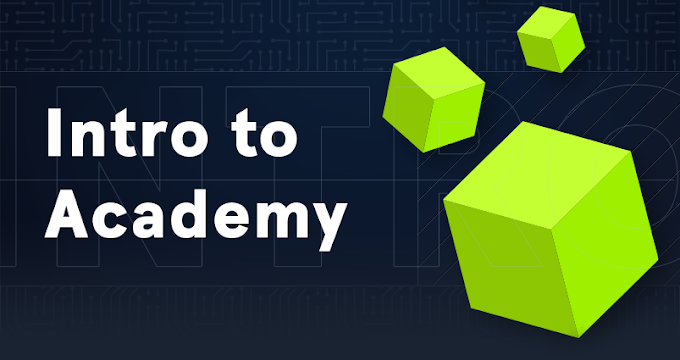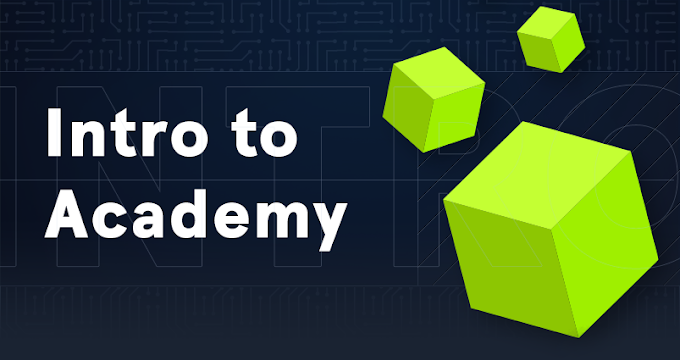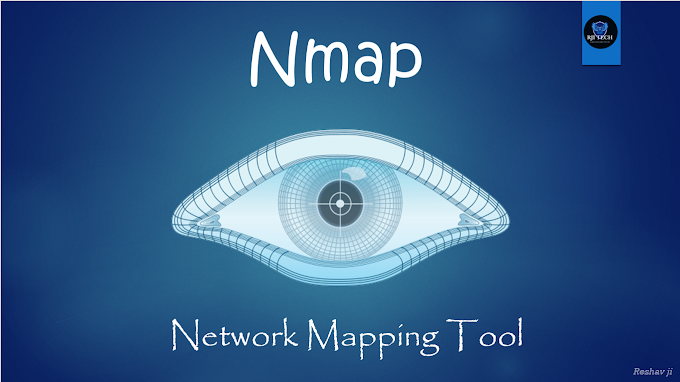In recent years, the world of finance has witnessed a remarkable transformation fueled by the emergence of decentralized finance (DeFi). This revolutionary paradigm shift has redefined traditional notions of banking and investment, offering individuals unprecedented autonomy and accessibility to financial services. In this comprehensive guide, we delve into the intricacies of DeFi, exploring its origins, key principles, benefits, and future prospects.
Origins of DeFi: A Journey into Decentralization
The roots of DeFi can be traced back to the advent of blockchain technology, notably popularized by Bitcoin in 2009. However, it was Ethereum, with its robust smart contract functionality, that laid the groundwork for the proliferation of decentralized applications (dApps), including those in the realm of finance.
The fundamental premise of DeFi lies in decentralization, a stark departure from the centralized structures that dominate traditional finance. By leveraging blockchain technology and smart contracts, DeFi protocols seek to facilitate peer-to-peer financial transactions and services without the need for intermediaries.
Key Principles of DeFi: Trustless Transactions and Financial Inclusion
At the heart of DeFi are principles of trustlessness and transparency. Unlike traditional financial systems reliant on centralized authorities, DeFi platforms operate autonomously through code, eliminating the need for trust in third parties. This trustless nature ensures that transactions are executed with integrity and security, mitigating the risk of censorship or manipulation.
Furthermore, DeFi champions financial inclusion by democratizing access to financial services. In contrast to traditional banking systems that impose stringent requirements and geographic limitations, DeFi protocols are accessible to anyone with an internet connection, fostering greater economic participation and empowerment.
Benefits of DeFi: Empowering Individuals and Unlocking Liquidity
The rise of DeFi heralds a myriad of benefits for both individuals and the broader financial ecosystem. For users, DeFi offers unparalleled control over their assets, enabling seamless management and utilization without reliance on intermediaries. Moreover, DeFi protocols facilitate borderless transactions and lending, circumventing the limitations imposed by traditional banking systems.
From a macroeconomic perspective, DeFi plays a pivotal role in unlocking liquidity and fostering innovation. By enabling the creation of decentralized exchanges (DEXs), lending platforms, and synthetic asset protocols, DeFi fuels a vibrant ecosystem of financial products and services. This liquidity injection not only stimulates economic growth but also engenders a culture of experimentation and evolution within the financial sector.
Challenges and Risks: Navigating the DeFi Landscape
Despite its promise, DeFi is not without its challenges and risks. The decentralized nature of DeFi platforms, while offering resilience against censorship and control, also exposes users to potential vulnerabilities and exploits. Smart contract bugs, security breaches, and regulatory uncertainties pose significant threats to the stability and trustworthiness of DeFi protocols.
Moreover, the rapid proliferation of DeFi projects has led to concerns regarding the quality and reliability of platforms. As the space matures, discerning users must exercise caution and conduct thorough due diligence before engaging with DeFi protocols. Additionally, regulatory scrutiny looms large, with authorities worldwide grappling with the regulatory implications of decentralized finance.
Future Outlook: The Evolution of DeFi and Beyond
Looking ahead, the future of DeFi brims with promise and potential. As the ecosystem matures, we can expect to see continued innovation in DeFi protocols, spanning areas such as decentralized governance, asset tokenization, and interoperability. Moreover, collaborations between DeFi and traditional financial institutions are poised to bridge the gap between conventional and decentralized finance, ushering in a new era of hybrid financial services.
Here are some questions that might come to mind:
Q. 1 : What is decentralized finance (DeFi), and how does it differ from traditional finance?
Ans: Decentralized finance, or DeFi, refers to a financial ecosystem built on blockchain technology, aiming to facilitate peer-to-peer transactions and services without the need for intermediaries like banks or financial institutions. Unlike traditional finance, which relies on centralized authorities, DeFi operates autonomously through smart contracts, offering greater transparency, accessibility, and control to users.
Q. 2: How does DeFi ensure security and trust in financial transactions without relying on intermediaries?
Ans: DeFi achieves security and trust through the use of blockchain technology and smart contracts. Transactions on DeFi platforms are recorded on a distributed ledger, ensuring transparency and immutability. Smart contracts, self-executing agreements coded into the blockchain, automate transactions and eliminate the need for intermediaries, reducing the risk of fraud or manipulation.
Q.3: What are some benefits of decentralized finance (DeFi) for individual users?
Ans: DeFi offers several benefits for individual users, including greater control over their assets, lower transaction fees, and access to a wide range of financial services without geographic restrictions. Additionally, DeFi platforms enable users to participate in lending, borrowing, and trading activities directly, bypassing traditional banking systems and intermediaries.
Q. 4: What are some risks and challenges associated with decentralized finance (DeFi)?
Ans: Despite its advantages, DeFi also presents risks and challenges, including smart contract vulnerabilities, security breaches, and regulatory uncertainties. The decentralized nature of DeFi platforms makes them susceptible to hacks and exploits, necessitating robust security measures and diligent risk management by users.
Q. 5: How do you see the future of decentralized finance (DeFi) evolving?
Ans: The future of DeFi holds immense potential for innovation and growth. We can expect to see continued development in areas such as decentralized governance, asset tokenization, and cross-chain interoperability. Additionally, collaborations between DeFi and traditional financial institutions may lead to the integration of decentralized and centralized finance, paving the way for hybrid financial services.
In conclusion, decentralized finance represents a paradigm shift in the world of finance, offering individuals unprecedented autonomy, accessibility, and opportunity. By embracing the principles of decentralization, trustlessness, and inclusivity, DeFi has the power to democratize finance and reshape the global financial landscape. As we navigate this transformative journey, vigilance, education, and collaboration will be paramount in realizing the full potential of decentralized finance.







.gif)
